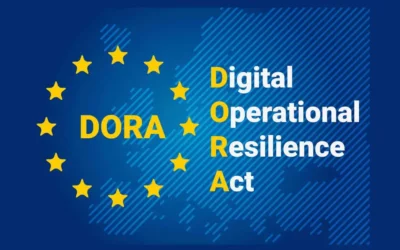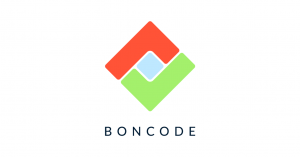Mergers and acquisitions have always relied on due diligence to establish assets and liabilities. Almost always, this centers around aspects like contracts, personnel, and financial results. But ever-increasing dependence on technology means that custom-built software, which supports mission-critical processes, is also now widely seen as a core business asset, and should therefore be subject to deep investigation in due diligence.
Whether they know it or not, more and more businesses are having to reposition themselves as tech companies. So if one company acquires another, or two companies merge, software quality is firmly on the agenda in terms of the due diligence required. The challenge is how to reliably perform due diligence on software to mitigate risk and identify opportunities for growth.
Complete clarity over risk and opportunity
Regardless of whether it’s a rival company or a private equity firm, when it comes to mergers and acquisitions, buyers normally have two main goals:
- Assess risks that could hurt business continuity.
- Identify potential opportunities for driving growth.
Software systems – and the tech teams who support them – are critical to both of these goals. If software systems are less maintainable and the tech team leaves – always a risk in a merger or acquisition – there is an immediate issue.
Whilst the exiting tech team may have been able to maintain the system – even one of questionable quality – a newly hired team will not be able to maintain it in the same way, since they do not have the same level of expertise. This puts business continuity at risk.
Less maintainable software systems pose another problem: they simply can’t cope with growth or new business demands. It’s therefore advisable to assess the technical debt involved with a merger or acquisition, together with the dependency on existing teams. It’s simple risk management.
Getting an accurate reading on the level of technical debt within a system helps you measure its maintainability and scalability. It’s also a key indicator of the potential costs involved with bringing it up to par through upgrading or refactoring software.
The scalability of software is determined by a number of factors, and insights into software quality can help reveal if an existing system is able to support future growth. They can also shed light on security, exposing any potential vulnerabilities.
On a more basic level, performing due diligence on software can also reveal insights into the tech stack itself – whether it’s old technology or if it’s something that could be harder to maintain over time, perhaps due to a lack of specialist expertise.
On top of these risks, there’s also the danger of acquiring ‘toxic IP’, meaning you acquire tech that’s not owned by the selling company. This can be easily identified through a software bill of materials (SBOM) which surfaces where components originate and where dependencies lie. It also sheds light on cloud-readiness and compatibility between systems.
Discover more about how BonCode supports decision-making in the acquisition process, in the following article: BonCode Partners With Ximedes In Acquisition.
Key benefits of due diligence for software quality
Here are 4 key benefits of due diligence for software:
- Risk mitigation – reduce costs and liabilities as a result of poor-quality software.
- Accurate valuation – avoid overpaying for assets and budget better for the future.
- Strategic alignment – ensure the software supports your strategic goals.
- Support decision-making – withdraw or renegotiate if software is high risk.
Interested in a real-world use case? Take a look at this article: BonCode Works With Pension Company To Support Acquisition Due Diligence.
Focus on the findings
There’s growing awareness amongst investors that software quality needs to be top of the agenda when it comes to the merger or acquisition of a tech-led company. For investors, it’s important to focus on the findings and identify any potential deal-breakers.
BonCode’s solutions for assessing and monitoring software quality give investors fact-based insights into code, supporting decision-making around whether it’s a good fit, and indicating the potential future costs.
By visualizing insights into software quality in different ways, to suit different stakeholders – from technical teams to nontechnical decision-makers – BonCode provides all the information needed to make informed investment decisions around one of today’s most valuable business assets – custom-coded software.
Generate fact-based findings for mergers and acquisitions using BonCode’s tool-based consultancy for software quality. Get a demo





